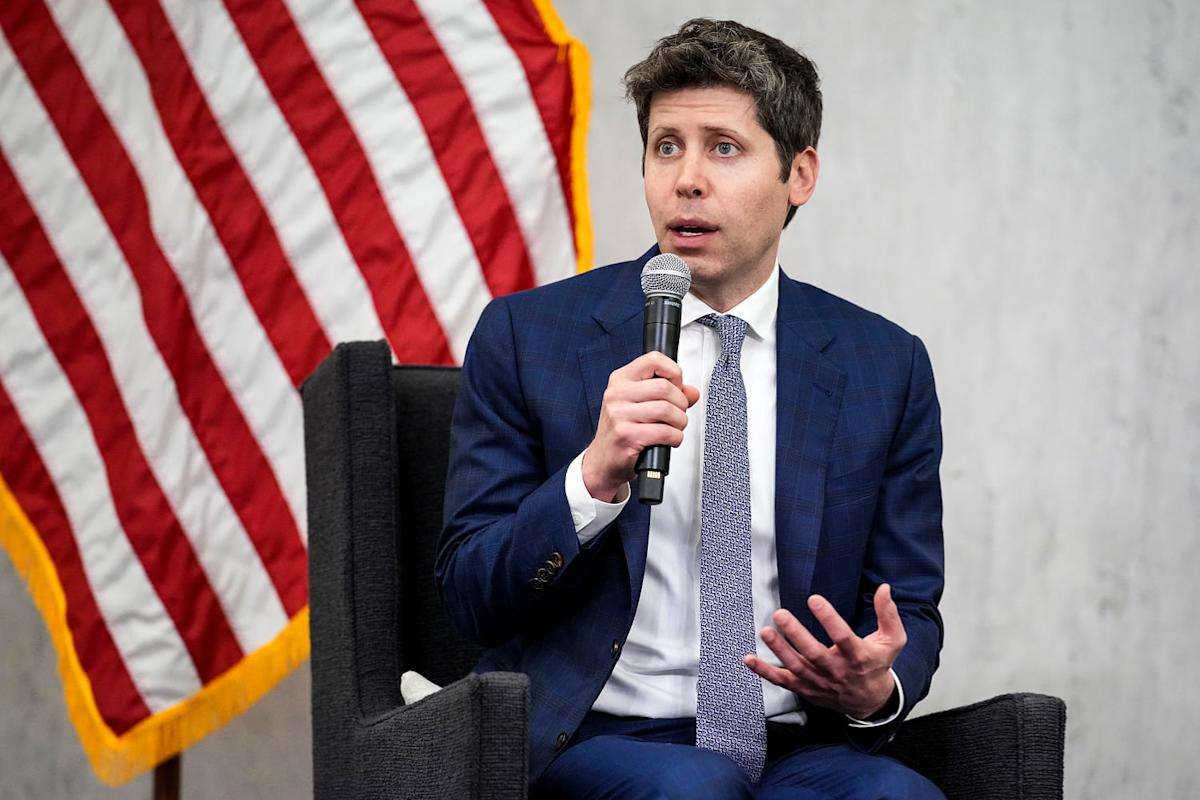Key Points:
- Sam Altman government backstop remarks were clarified, emphasizing it was not a request for federal funding or bailout.
- The comment sparked debate across tech and policy circles, raising questions about public-private roles in supporting large-scale AI development.
- OpenAI emphasized its commitment to transparency and collaboration while navigating the challenges of scaling advanced AI systems responsibly.
OpenAI CEO Sam Altman government backstop clarification followed a remark by the company’s chief financial officer ignited widespread discussion about whether the AI giant had sought government support for its massive infrastructure plans. The CFO’s statement, which suggested that the U.S. government could act as a “backstop” to support large-scale investments, was interpreted by many as a request for federal guarantees or taxpayer-funded protection.
Altman stressed that this interpretation is inaccurate. He stated that OpenAI does not want government guarantees, bailouts, or preferential protection for its operations. According to him, the company has not asked for and has no intention of asking for taxpayer-backed insurance for its aggressive infrastructure expansion. Altman made it clear that OpenAI should not be considered “too big to fail” and that the company is responsible for its own financial risks.
The “Backstop” Confusion and AI Expansion Plans
The clarification comes at a critical moment, as OpenAI prepares to embark on an unprecedented scale of investment aimed at powering the next generation of artificial intelligence. The company is reportedly exploring multi-trillion-dollar commitments over the next decade to build advanced data centers, develop AI chips, and expand global infrastructure.
The original Sam Altman government backstop remark raised concerns in business and regulatory circles about how much of this expansion could depend on federal support. Altman addressed these concerns directly, explaining that the company had only taken part in routine conversations about semiconductor manufacturing loans, conversations that many major chip and technology companies also participate in.
He emphasized that these discussions were purely related to national manufacturing capacity and had nothing to do with OpenAI’s data-center ambitions. Altman stated that if OpenAI’s business strategy were to fail, the company should be allowed to fail without government intervention. He described this as a fundamental principle of capitalism, adding that the industry is strong enough for other companies to continue making meaningful progress should OpenAI falter.
Revenue Targets and Strategic Shifts
The company’s broader financial and strategic vision was also highlighted during Altman’s remarks. OpenAI expects to cross an annual revenue run-rate of more than $20 billion by the end of 2025 and has outlined projections that suggest substantial growth potential through 2030.
Altman also revealed an upcoming shift in OpenAI’s positioning. The company plans to sell computing capacity directly, a move that would place it in direct competition with major cloud providers. This initiative, described internally as building an “AI cloud,” marks a push to transform OpenAI from a pure AI model developer into an infrastructure powerhouse for global enterprises.
The Sam Altman government backstop clarification is expected to ease investor uncertainty at a time when skepticism is rising around the financial risks associated with large-scale AI infrastructure. With markets watching closely and government scrutiny increasing, Altman’s message was direct: OpenAI will pursue its growth ambitions without expecting public protection or taxpayer-backed guarantees.
Visit Visionary CIOs for the most recent information.











